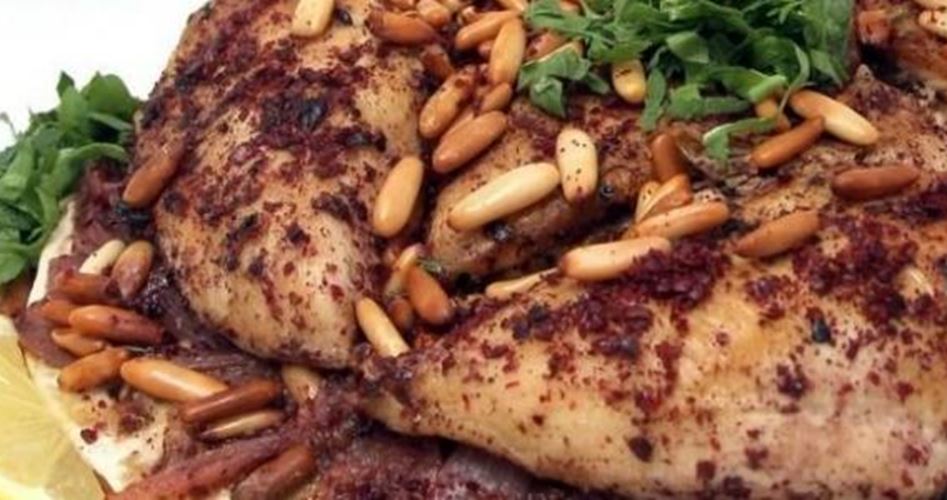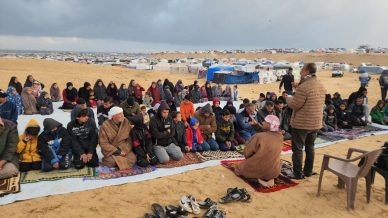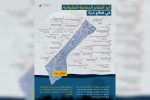Winter is a special season that no time of the year could compete with for Palestinian citizens and farmers. It is the season of rain during which the agricultural crops revive thus the economic condition of Palestinian farmers which has long been based on agriculture flourishes.
Due to the special status of winter it has its own daily habits food as well as the lion’s share of popular folklore and proverbs.
Winter habits
Researcher Abdel Salam Awad told the PIC reporter that winter has a special place among Palestinian citizens and farmers because it is linked to various aspects of their life as Palestinian farmers depend on winter in the cultivation of their land and thus winter is the backbone of the Palestinian farmer’s calendar. It has the lion’s share in terms of heritage and folk proverbs as well as its distinct habits. Without winter and rain all aspects of life of the Palestinian farmers stop.
The Palestinian citizens are keen on the daily habits of winter such as family gatherings near fire which is usually done by many citizens despite the progress of life and the existence of modern means of heating. Palestinians have been adhering to this habit which was inherited generation after another making it connected to winter in the minds of Palestinians. The new generations are excited at the advent of winter due to their feeling of isolation in light of technological development. Winter is a season for family gatherings. The preparation for winter begins since autumn such as collecting firewood and drying up olives’ remains which are burned for heating.
There is also summer food which is dried and prepared for winter which increases the appetite for winter such as dried figs and many types of jam and pickles.
Popular dishes
Winter is characterized by the many popular Palestinian dishes which are closely related to this season of the year including Musakhan which citizens prepare after the olive harvest when new olive oil is used in its preparation in addition to Maftoul which is a winter dish per excellence.
Maftoul is the most sought-after winter dish in the cold weather where granules are prepared from bulgur flour and water. The older ladies work on mixing and crushing it by placing bulgur and flour in a large bowl and moving it with quick hand movements to produce granules. These granules are cooked in special pots on the steam and then chicken soup is added to it which contains mainly chickpeas and some vegetables.
There is food that gives winter its special taste such as the crushed lentils soup which is usually eaten along with winter appetizers the most important of which are radishes green onions and olives. Another dish is Rashtaya which is cooked a lot in winter and consists mainly of lentils along with dough. Other famous winter dishes include plants that grow up in winter such as spinach or cooked spinach as well as the khubaize which is popular among Palestinians. Khubaize is a winter wild plant that grows in most parts of Palestine in winter after rain. Other popular Palestinian dishes include Lysina and Alzamatot or Aliqif and these plants are stuffed with rice and rolled the same way grape leaves are made.
It can be said that there is a balance of customs and traditions associated with winter which is maintained by successive generations of Palestinians.
The winter peak (22 December to 31 January each year) is characterized by a very large number of Palestinian proverbs that describe it. This is the outcome of the experience of parents and grandparents in life during this time of the year. The aim is to convey the experience of parents in a popular way based on the use of narration and simple words so that subsequent generations could learn lessons and benefit from it.















